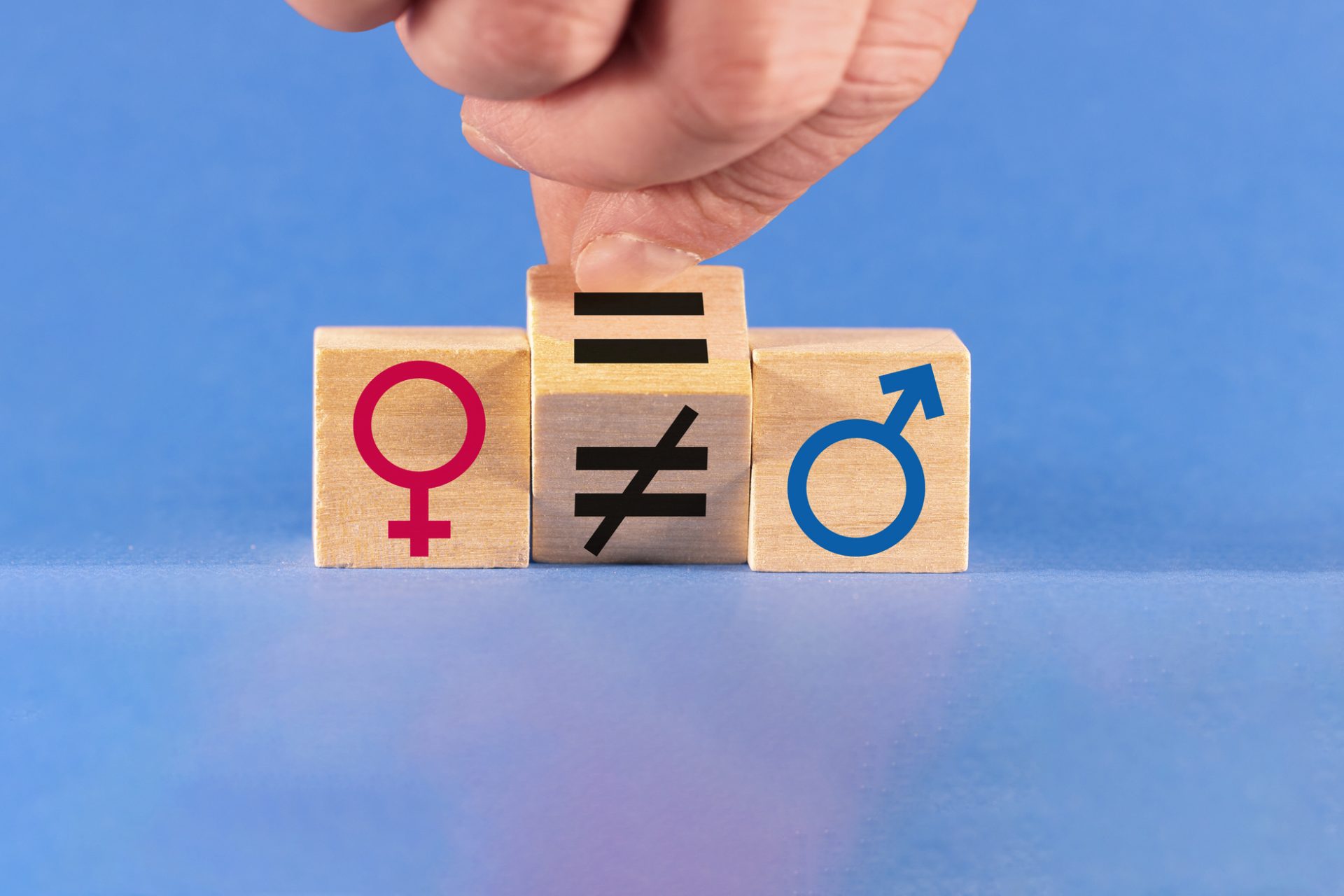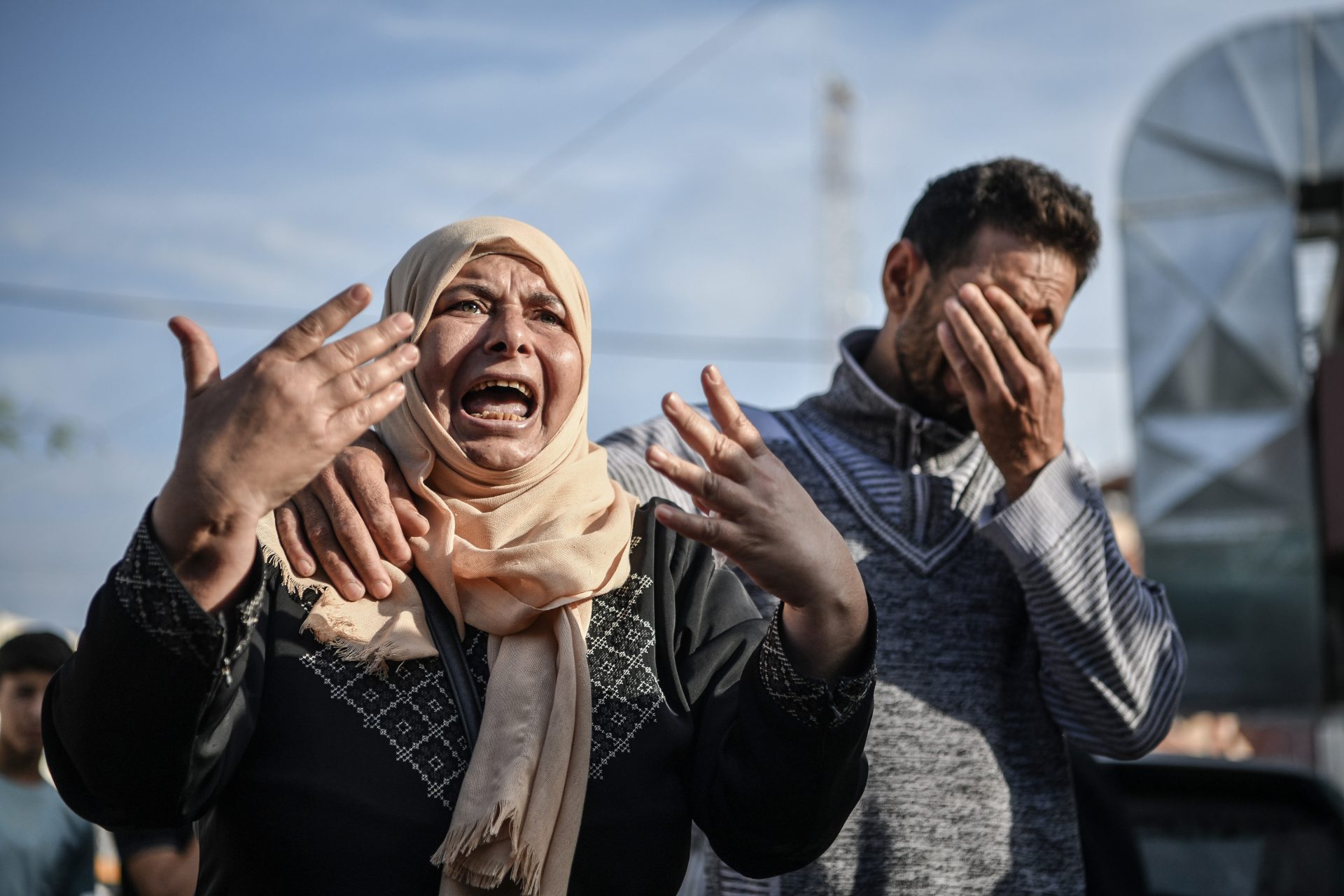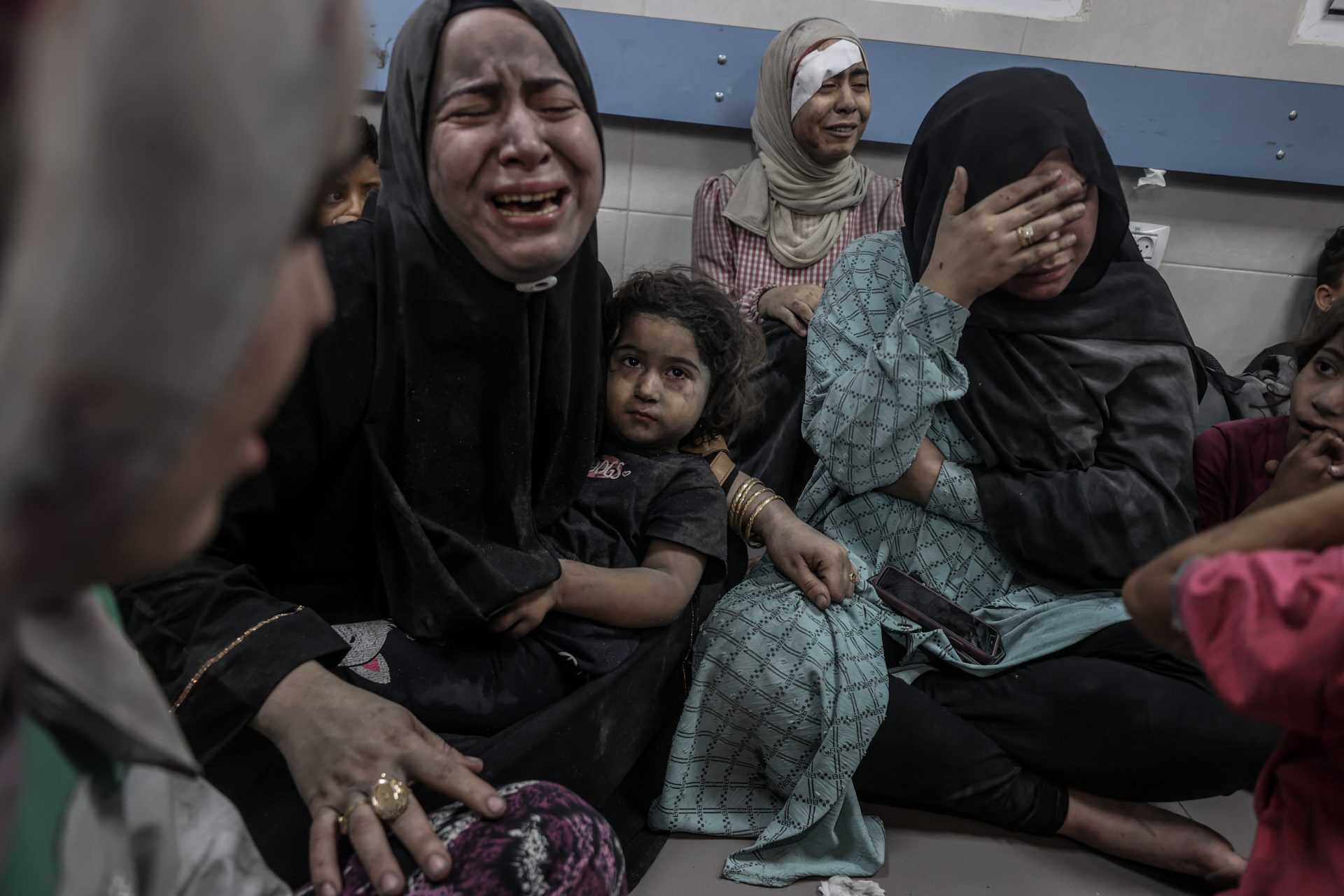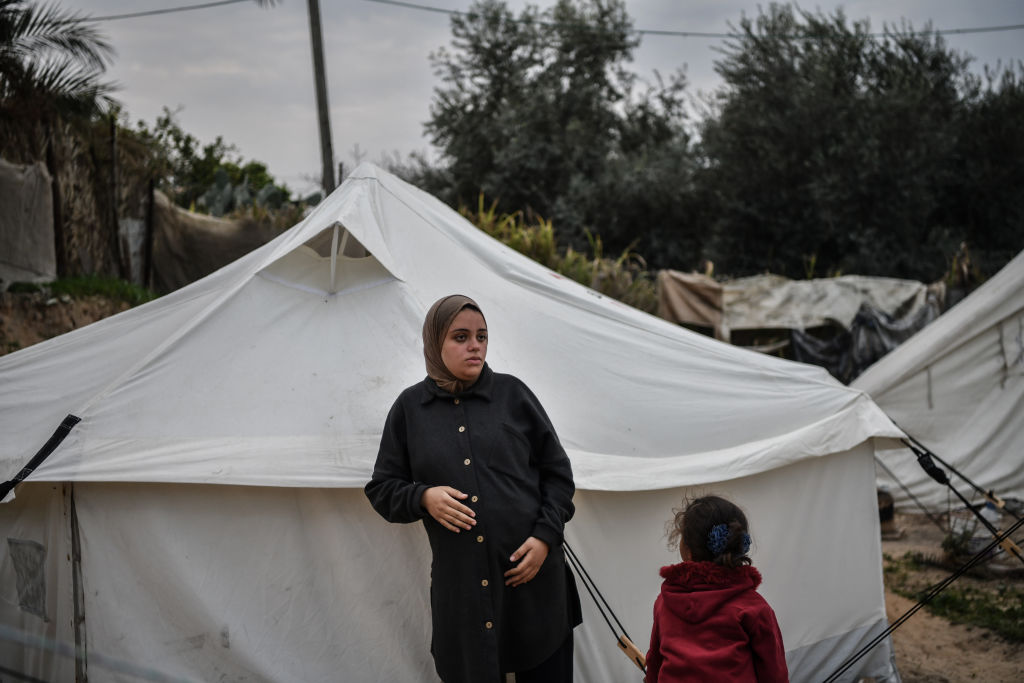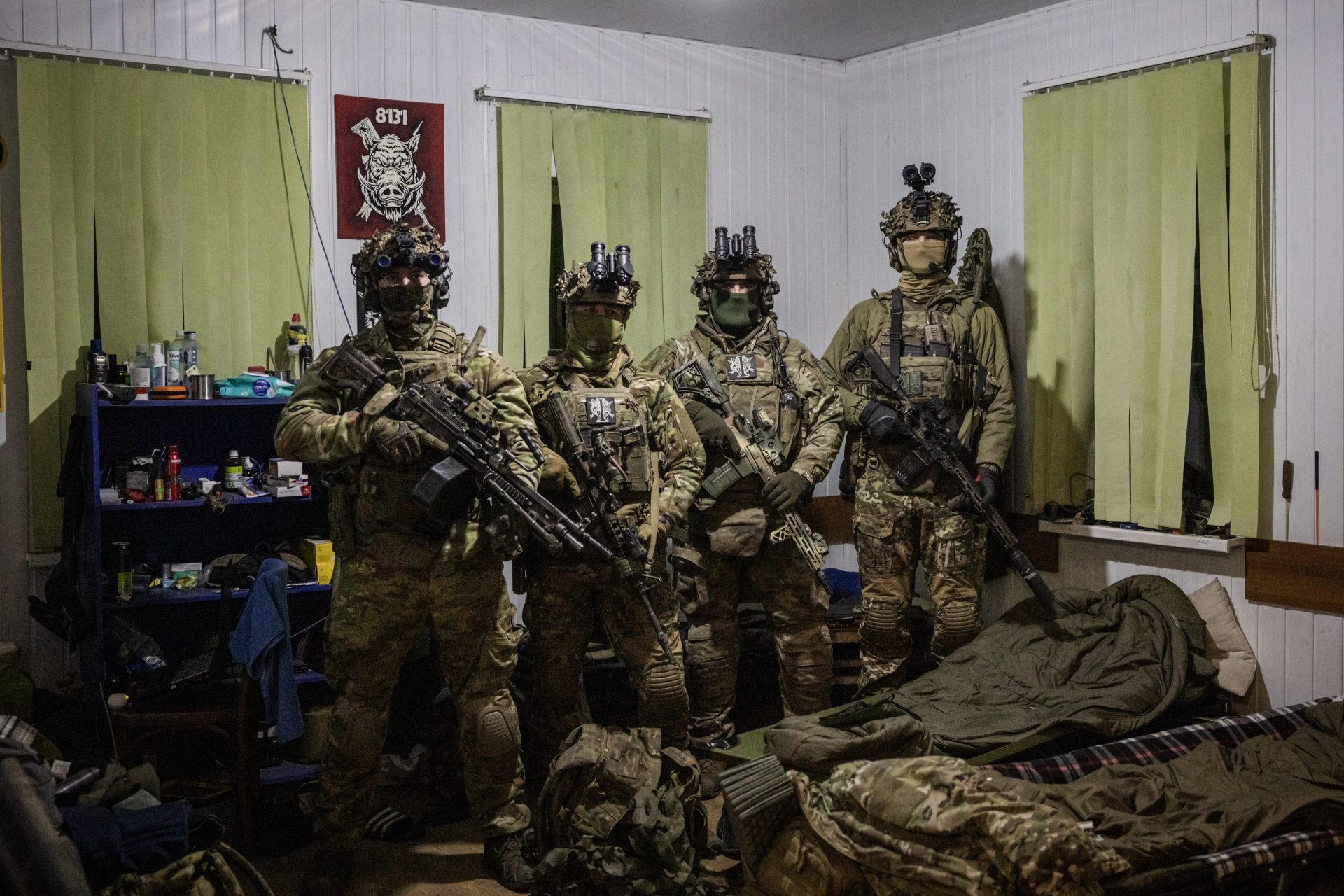Global gender equality won’t be achieved until the year 2154, experts say
Feminist movements are on the rise around the world, but that doesn’t mean that we are close to achieving gender equality. In fact, experts have predicted it could take more than a hundred a years to attain.
A June 2023 report from the World Economic Forum estimated that women won’t attain parity with men for another 131 years. In other words, not until 2154.
Speaking to the key UN women’s rights group ahead of International Women’s Day on March 8, 2023, UN Secretary General António Guterres said gender equality is “vanishing before our eyes.”
Guterres cited high rates of maternal mortality, girls being forced into early marriage, and girls being kidnapped and assaulted for attending school as evidence that hope of achieving gender equality “is growing more distant.”
In his speech, Guterres did not mention Iran, which was expelled from the 45-member commission in December 2022 over protests following the death of Mahsa Amini in the custody of the country’s so-called “morality police.”
However, Guterres said that women’s rights “are being abused, threatened, and violated around the world,” and named a few countries, including Afghanistan, where he said “women and girls have been erased from public life.”
The Taliban have placed sweeping restrictions on women's rights and freedom, excluding them from most areas of the workforce and banning them from parks, gyms, and public bathhouses since they took over the country in 2021.
Moreover, the extremist regime barred girls from attending secondary schools beyond grade six.
Guterres said then that the deputy secretary-general and the executive director of UN Women visited Afghanistan and conveyed to the Taliban authorities that they “will never give up fighting for women and girls”.
“Crisis and conflict affect women and girls first and worst,” Guterres said, including the war in Ukraine as an example.
Last year, the UN called for an investigation into reports of sexual violence against Ukrainian women and children following Russia’s invasion.
Guterres also said that in many places, women’s sexual and reproductive rights “are being rolled back,” though he didn’t specify where.
In June 2022, the United States Supreme Court overturned Roe vs. Wade, leaving the right to abortion up to individual states.
The year before, a ban on abortions due to fetal defects took effect in Poland, essentially ending almost all abortions in the country.
To achieve gender equality, Guterres called for “collective” and “urgent” action, from increasing education, income and employment for women and girls.
“Centuries of patriarchy, discrimination and harmful stereotypes have created a huge gender gap. Global frameworks are not working for the world’s women and girls. They need to change.” Guterres concluded.
Now, in 2024, a new gender crisis can be added to the list: the human rights violations to which Palestinian women and girls continue to be subjected in the Gaza Strip and the West Bank, per the UN.
“We are shocked by reports of the deliberate targeting and extrajudicial killing of Palestinian women and children in places where they sought refuge, or while fleeing. Some of them were reportedly holding white pieces of cloth when they were killed by the Israeli army or affiliated forces,” the experts said.
Not to mention that pregnant Palestinian women have no access to healthcare and many have been subject to miscarriages or cesareans without anesthesia, according to Al Jazeera reports.
More for you
Top Stories





